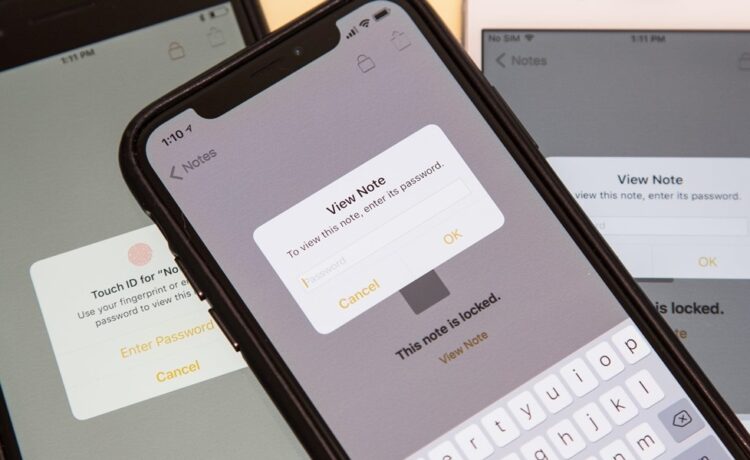Note-taking apps have become immensely popular, allowing us to quickly jot down thoughts, ideas, to-do lists, and more. However, with convenience comes risk. Personal notes often contain sensitive information, which makes security and privacy important considerations when choosing a note-taking app. The good news is that many of today’s top note apps have robust features to safeguard your data. By enabling passwords, encryption, and automatic deletion, you ensure your private notes remain private.
Risks of unsecured notes
Before diving into solutions, let’s look at potential risks:
- Data breaches – Server hacks and security flaws could expose unencrypted note data.
- Device loss/theft – Notes left accessible on a lost or stolen device can be viewed by anyone.
- Unintended access – Prying eyes may inadvertently see sensitive notes left open.
- Permanence – Notes stored indefinitely create a permanent record accessible despite deleted apps.
- Lack of control – Syncing notes across devices means losing control over where copies reside.
Like other personal data, unsecured notes pose privacy and security risks requiring precautionary measures.
Why are password-protecting notes crucial?
What is a private note? Passwords act as the first line of defense, preventing unwanted access to your notes. Here are key reasons to password-protect any app housing sensitive information:
- Authentication – Passwords prove a user’s identity and prevent impersonation.
- Access control – Properly managed passwords restrict note access to yourself only.
- Encryption enhancement – Password layers strengthen encryption protections.
- Device loss protection – Lost or stolen devices prompt password entry to view notes.
- Timed access – Optional auto-logout timers increase security on shared devices.
- Peace of mind – Passwords provide confidence in the safety of sensitive note data.
Protecting notes with passwords is critical for authenticating access, authorizing users, and securing private data.
Choosing a secure note-taking app
All note apps are not equal when it comes to security.
- Password protection – The app should allow creating a password to restrict access.
- Encryption – End-to-end encryption prevents unauthorized access to note content.
- Self-destructing notes – Notes can automatically be deleted after being read for one-time access.
- Anonymous accounts – Signing up without an email or account information maintains anonymity.
- Cloud sync and backups – Your data should securely sync across devices while retaining accessibility.
- Data ownership – You maintain ownership and control instead of the app provider.
- Trusted brand – Choose an established, trusted brand without a history of breaches.
- Reviews – User reviews reveal vulnerabilities and complaints pointing to security flaws.
Opt for a feature-rich note app emphasizing state-of-the-art encryption, user control, and advanced security options.
Moving forward with confidence
Safeguarding your notes goes beyond just password-protecting your app of choice. You also need encryption to protect stored data, self-destructing notes to prevent permanent records, and trusted brands with security-centric designs. Keep these best practices in mind during your app search. By taking the proper steps outlined above, you can find comfort in knowing your private notes and personal thoughts remain accessible only to you. Technology should work on your behalf, securing your data and thwarting unauthorized access instead of introducing privacy risks. With a feature-packed secure note app and good digital hygiene, you keep your notes private while organizing your life and ideas.













